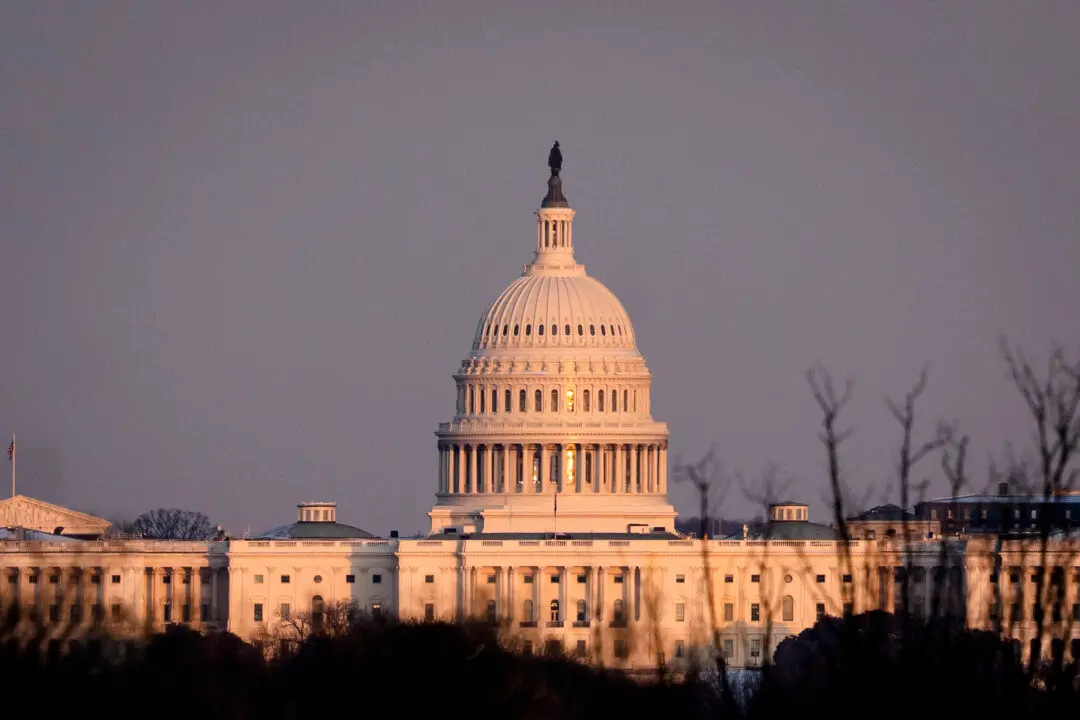Sen. Josh Hawley (R-Mo.) is warning Democrats to “expect a major battle” in the Senate if President Joe Biden tries to nominate a “woke activist” to Supreme Court Justice Stephen Breyer’s soon-to-be-vacant seat.
Breyer was nominated to the Supreme Court (SCOTUS) by President Bill Clinton nearly three decades ago. On the court, Breyer has generally leaned to the left in his decisions, though he has rejected recent proposals among Democrats to pack the court.





